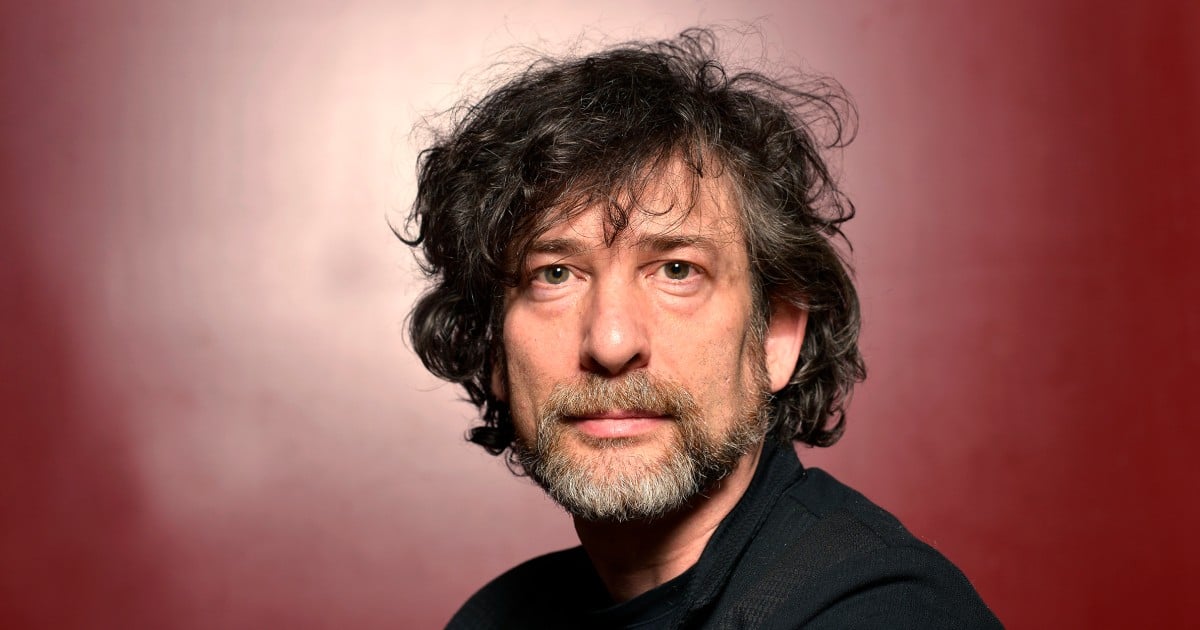- cross-posted to:
- [email protected]
- cross-posted to:
- [email protected]
Leaked emails show organizers of the prestigious Hugo Awards vetted writers’ work and comments with regard to China, where last year’s awards were held.
Organizers of the Hugo Awards, one of the most prominent literary awards in science fiction, excluded multiple authors from shortlists last year over concerns their work or public comments could be offensive to China, leaked emails show.
Questions had been raised as to why writers including Neil Gaiman, R.F. Kuang, Xiran Jay Zhao and Paul Weimer had been deemed ineligible as finalists despite earning enough votes according to information published last month by awards organizers. Emails released this week revealed that they were concerned about how some authors might be perceived in China, where the Hugo Awards were held last year for the first time.



The Hugos are a bit different in that voting for the shortlist and the awards is open to anybody who is a WSFS member and attended Worldcon (either digitally or in-person), and that includes a significant chunk of fandom and not just authors and industry folk. In some ways that gives them a bit more credibility than other industry awards because (in theory) there isn’t that sort of payola you’re suggesting in the background. On the other hand that opens them up to manipulation via slate voting campaigns a la Sad/Rabid Puppies, and the more prosaic case of an author with a big fan following winning with a middling entry just on the strength of popularity and name recognition (see Redshirts in 2013, or Nettle and Bone last year). That’s been a problem in the past, but this level of blatant censorship and manipulation is new, and it’s good that it’s attracted the sort of attention and condemnation that it should.
Back when SF and fantasy fiction were more niche interests this maybe wouldn’t have been such a big deal, but the genre has moved mainstream in a huge way in the last decade or two and the Hugos get significant media attention outside of fandom. Winning the Hugo can bring attention and prestige, and make for a significant sales bump for authors in a genre that still doesn’t really sell enough to pay an author’s bills in most cases. Authors in particular need the Hugos to be on the level, or it hurts their ability to get noticed in the larger publishing industry and make a career out of their passion.